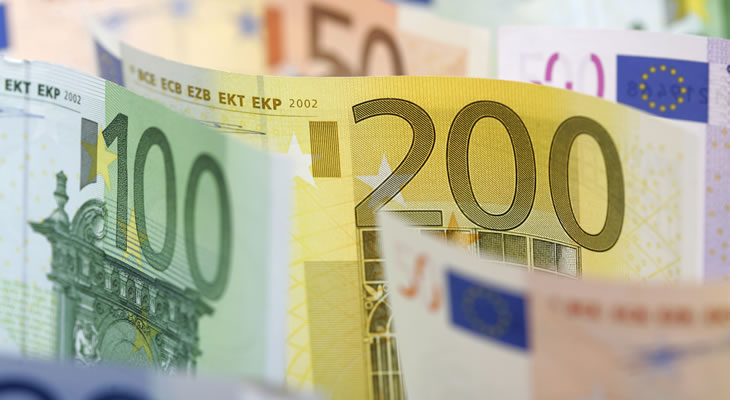Smaller Eurozone Industrial Production Fall Benefits Euro Pound Sterling (EUR/GBP) Exchange Rate
A smaller-than-expected contraction in Eurozone industrial production helped to lift the Euro to Pound Sterling (EUR/GBP) exchange rate on Thursday morning.
Although industrial output continued to fall in April the negative impact on the Euro (EUR) was ultimately limited, with investors hoping that the decline could ease further in the months ahead.
Demand for Pound Sterling (GBP), meanwhile, generally weakened after the Labour Party motion attempting to prevent a possible no-deal Brexit failed to secure sufficient support.
With the odds still favouring a hard-line Brexiteer as Theresa May’s most likely successor the risk of the UK crashing out of the EU without a deal in October continues to hang over the economy.
This saw the EUR/GBP exchange rate shrug off a surprise improvement in the RICS house price balance, even though the UK housing market showed evidence of recovering some of its lost momentum.
Optimistic BoE Commentary Forecast to Boost Pound Sterling (GBP) Demand
Comments from Bank of England (BoE) Governor Mark Carney could give the Pound a boost ahead of the weekend, however.
An indication that the central bank is continuing to take a cautiously optimistic view on the outlook of the UK economy may encourage investors to pile back into the Pound on Friday.
As long as the prospect of a 2019 interest rate hike remains on the table this should support GBP exchange rates in the days ahead.
Even so, the persistent risk of a no-deal Brexit looks set to limit the upside potential of Pound Sterling for the foreseeable future.
Unless a more moderate candidate appears to gain support in the Conservative leadership contest a sense of political anxiety may keep GBP exchange rates on the back foot.
The results of the first round of voting in the Tory leadership race could weigh heavily on the Pound, especially if signs point towards a substantial lead for Boris Johnson.
Euro (EUR) Exchange Rates Vulnerable to Weaker Italian Industrial Activity
Italian economic data could put pressure on the EUR/GBP exchange rate, meanwhile, if fresh evidence of weakening growth emerges.
If industrial orders contract -4.1% on the year as forecast this may undermine market confidence in the health of the Italian economy.
With tensions over EU budget rules still simmering any underwhelming data could fuel a fresh spat between Italian and EU officials, as opinions differ on the best way to foster stronger growth.
However, signs of resilience within the Italian industrial sector could encourage the Euro to push higher across the board ahead of the weekend.
An increase in German wholesale prices would add to a bullish EUR exchange rate mood, suggesting that price pressures within the Eurozone’s powerhouse economy are still picking up.
As the European Central Bank (ECB) looks increasingly likely to maintain a dovish bias in the months ahead any uptick in price pressures could offer investors some cause for optimism, to the benefit of the Euro.


Comments are closed.